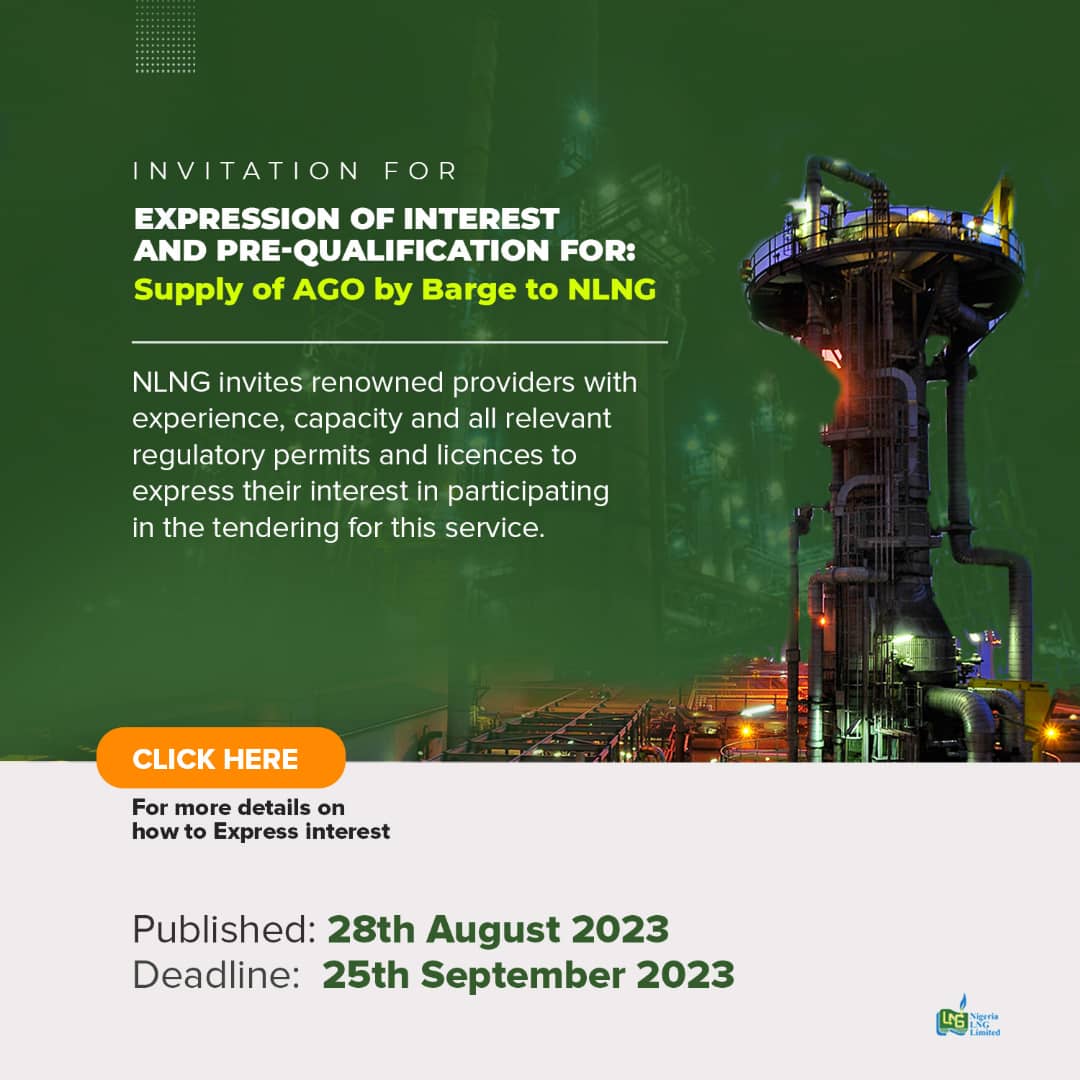Iledare
The Petroleum Industry Act, PIA, institutions legislated for efficient and effective industry governance must have leadership attitudes and frameworks based on intelligentsia knowledge of the business and not sentimentality. It must motivate individual to engage in critical thinking to discourage mediocrity or laissez-faire (do-as-you-please) attitude. Leadership that is willing to process diversity of ideas with institutional enrichment priced above self-interests would matter a lot to effectively manage the Oil and Gas future in Nigeria.
Omowumi Iledare, a professor of Petroleum Economics, Executive Director, Emmanuel Egbogah Foundation, EEF, GNPC Professorial Chair, the Institute of Oil and Gas Studies, GNPC Office, University of Cape Coast, Ghana, who is also the former SPE Chairman, stated the above in his opening remarks during a panel at the third SPE Benin Biennial Technical Symposium last week, in Benin, Edo State.
Speaking with the theme: Profitability and Sustainability of Oil and Gas Business in Nigeria: The role of Human Capital Development and Deployment in the PIA era, he said, “the PIA 2021 offers to investors in terms of rewards that are commensurate with the challenges and risks that come with finding, developing and utilizing petroleum resources. Thus, the new government, MDAs, enacted by PIA and private participant in the oil sector must rationalize spending significant amount of money, annually, on best available technology and human resources to foster a business environment conducive to petroleum
operations in Nigeria. The importance of human resources with proper
skillsets in an organization cannot be overemphasized making continuing
education of professionals imperative”.
“The suitability of PIA to foster competitive business environment for petroleum investments and operations in the future will depend on efficient and effective manpower development and deployment in the oil and gas sector governance, administration and operation”, he added.
Iledare
“Human capital development through professional training and staff
development according to him sharpens competencies, enhances productivity, and balances rewards adequately and accordingly with risk management. However, the type of leadership styles and frameworks for man power development and
deployment to effectively manage the Nigeria oil and gas sector in the future
has to be transformational”, maintained Iledare.
“Meaning that prebendalism, elite capture, and transactional leadership scheme had to be expunged from the system if PIA objectives were to met expectations. The oil and gas reform and restructuring in Nigeria took too long, perhaps, because of the HCDD trilemma”, he noted.
The Oil and Gas sector according to him is the largest and most important industries in Nigeria and this may be the case for a long time. That the petroleum sector is the engine that drives the Nigeria economy is not conjectural, either.
“The sector is vertical in scope and horizontal in dimensions with significant strategic, financial, and management implications to the sustainability of the economy of Nigeria for the nearest future, perhaps beyond 2050, but time will tell”, he stressed.





















